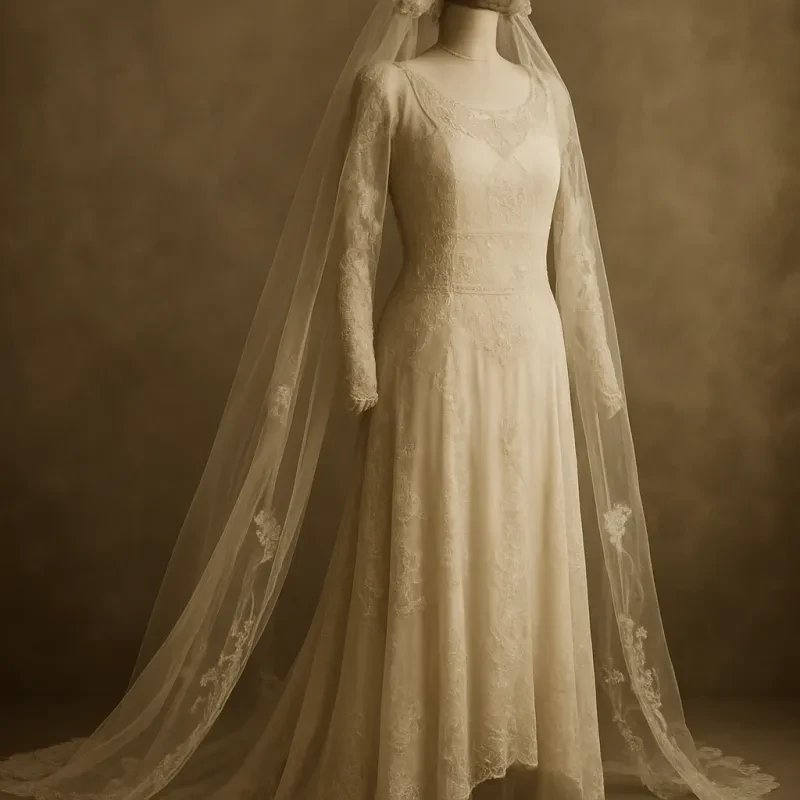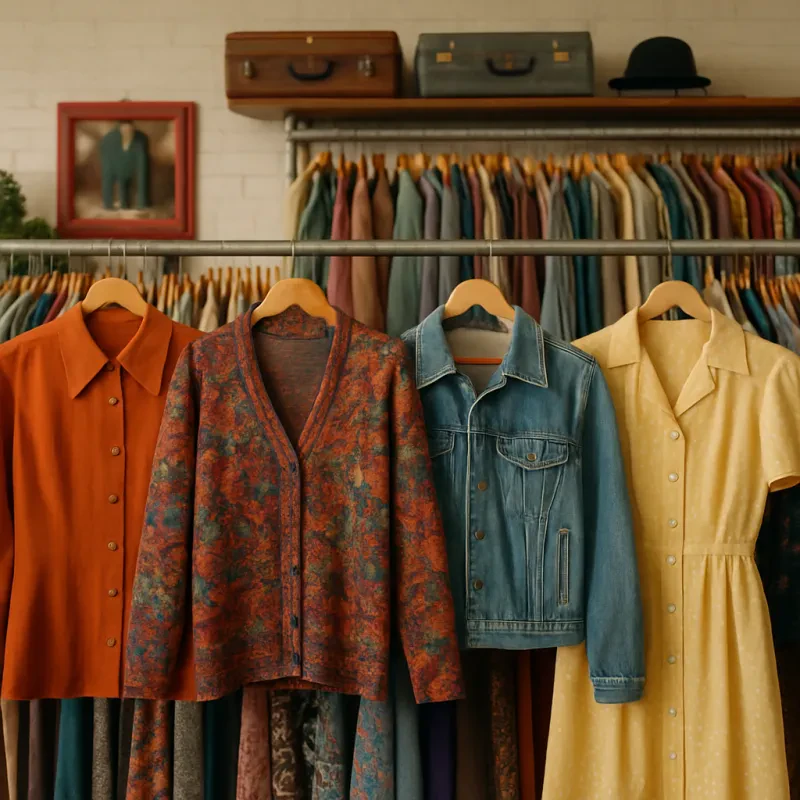In the mid-1950s, a new musical genre emerged that would forever change the landscape of popular music: rockabilly. At the forefront of this exciting movement was none other than Elvis Presley, the King of Rock and Roll. With his unique combination of country, blues, and rhythm and blues, Elvis created a sound that was raw, energetic, and irresistibly catchy. This fusion of musical styles gave birth to rockabilly, a genre that would set the stage for the rock and roll revolution that followed.
Elvis Presley's rockabilly sound was characterized by his driving rhythm guitar, thumping double bass, and infectious vocal style. His recordings, such as "That's All Right" and "Blue Moon of Kentucky," showcased his ability to blend the soulful melodies of the blues with the catchy, upbeat tempo of country music. What set Elvis apart from his contemporaries was his electrifying stage presence and undeniable charisma. His energetic performances, complete with hip-shaking dance moves, left audiences captivated and craving more.
The influence of Elvis Presley's rockabilly style extended well beyond his own music. It laid the foundation for countless artists who would go on to shape the future of rock and roll. The likes of Jerry Lee Lewis, Carl Perkins, and Johnny Cash, among others, all drew inspiration from Elvis's unique sound and incorporated it into their own music. The raw, rebellious spirit of rockabilly resonated with a generation hungry for something new and exciting, effectively rewriting the history of music as we know it.
Elvis Presley: Unleashing the Rockabilly Revolution
In the 1950s, the music industry was forever changed by the revolutionary style of Elvis Presley, the King of Rock and Roll. With his unique blend of country and blues, Presley unleashed the rockabilly revolution, creating a sound that would rewrite music history. Rockabilly, a genre that merged the raw energy of rhythm and blues with the twang of country, became a cultural phenomenon and inspired countless musicians to experiment with new sounds and styles.
Elvis Presley's rise to stardom can be traced back to his first recordings at Sun Studio in Memphis, Tennessee. Presley's groundbreaking tracks such as "That's All Right" and "Blue Moon of Kentucky" showcased his electrifying voice and charismatic stage presence. Accompanied by Scotty Moore on guitar and Bill Black on bass, Presley's energetic performances captivated audiences across the country.
Presley's success paved the way for other rockabilly pioneers such as Carl Perkins, Jerry Lee Lewis, and Johnny Cash. These artists, often referred to as the "Million Dollar Quartet," introduced their own unique spins on the rockabilly sound, solidifying its place in music history. The raw and rebellious nature of rockabilly challenged societal norms and became a powerful force in shaping the future of rock and roll.
Even after Presley's untimely death in 1977, his influence continued to reverberate throughout the music industry. Rockabilly-inspired bands like the Stray Cats and the Blasters gained popularity in the 1980s, bringing the genre to a new generation of listeners. Today, the legacy of Elvis Presley and the rockabilly revolution he unleashed lives on, as his music continues to inspire musicians and capture the hearts of fans worldwide.
Rebel with a Cause: Elvis and the Rockabilly Rebellion
Elvis Presley, often referred to as the "King of Rock and Roll," is an iconic figure in music history. His influence extends far beyond his chart-topping hits and energetic performances. Elvis played a significant role in shaping the emergence of a new music genre known as rockabilly. This article explores how Elvis Presley rewrote music history through his rebellious spirit and the fusion of different musical styles.
Rockabilly, a term coined in the mid-1950s, combines elements of country, rhythm and blues, and rock and roll. It is characterized by its upbeat tempo, catchy melodies, and distinctive vocal style. Elvis' early recordings for Sun Records, such as "That's All Right" and "Blue Moon of Kentucky," showcased his ability to blend these genres seamlessly. His unique sound resonated with a broad audience, attracting both country and urban music fans who were hungry for something new and exciting.
Not only did Elvis redefine musical boundaries with his fusion of styles, but he also challenged societal norms of the time. His rebellious image, from his controversial hip-swinging stage presence to his bold fashion choices, challenged the conservative values of the 1950s. Elvis became an emblem of youth rebellion, representing a generation seeking freedom and expression. His impact on popular culture was immense, forever changing the course of music history and inspiring countless artists to follow in his footsteps.
Elvis Presley's Rockabilly Legacy: Shaping Music's Future
```html
Elvis Presley's Rockabilly Legacy: Shaping Music's Future
Elvis Presley, known as the "King of Rock and Roll," was a pioneer in the music industry and left an indelible mark on the world of rockabilly. The fusion of country, rhythm and blues, and rock and roll became his signature sound, catapulting him to unparalleled stardom and changing the course of music history. Elvis's unique style and charismatic performances attracted a wide audience, breaking down racial barriers and setting the stage for the future of popular music.
Rockabilly, a genre that originated in the 1950s, was heavily influenced by Elvis's raw energy and rebellious spirit. His early recordings, such as "That's All Right," perfectly captured the essence of rockabilly with their infectious rhythm, catchy melodies, and electrifying guitar solos. These songs laid the foundation for countless artists who followed, ensuring that the genre would continue to evolve and thrive long after Elvis's untimely death in 1977.
Elvis's impact on music extended beyond his groundbreaking sound. His charisma, stage presence, and iconic fashion sense made him a cultural phenomenon. His signature pompadour hairstyle, flashy outfits, and hip-shaking dance moves captivated audiences across the globe. Elvis embodied a new era of youth culture, rebellion, and sexual liberation, influencing not only fellow musicians but also fashion trends and societal norms.
Today, Elvis Presley's rockabilly legacy continues to shape music's future. His influence can be heard in contemporary rock, country, and pop artists who strive to capture his electrifying energy and unique blend of genres. From the Sun Studios in Memphis to the Grammy Hall of Fame, Elvis paved the way for generations of musicians to experiment with new sounds and push the boundaries of what was thought possible. Elvis Presley's contributions to rockabilly and music as a whole are undeniable and will forever be celebrated as a pivotal moment in the history of popular culture.
```


